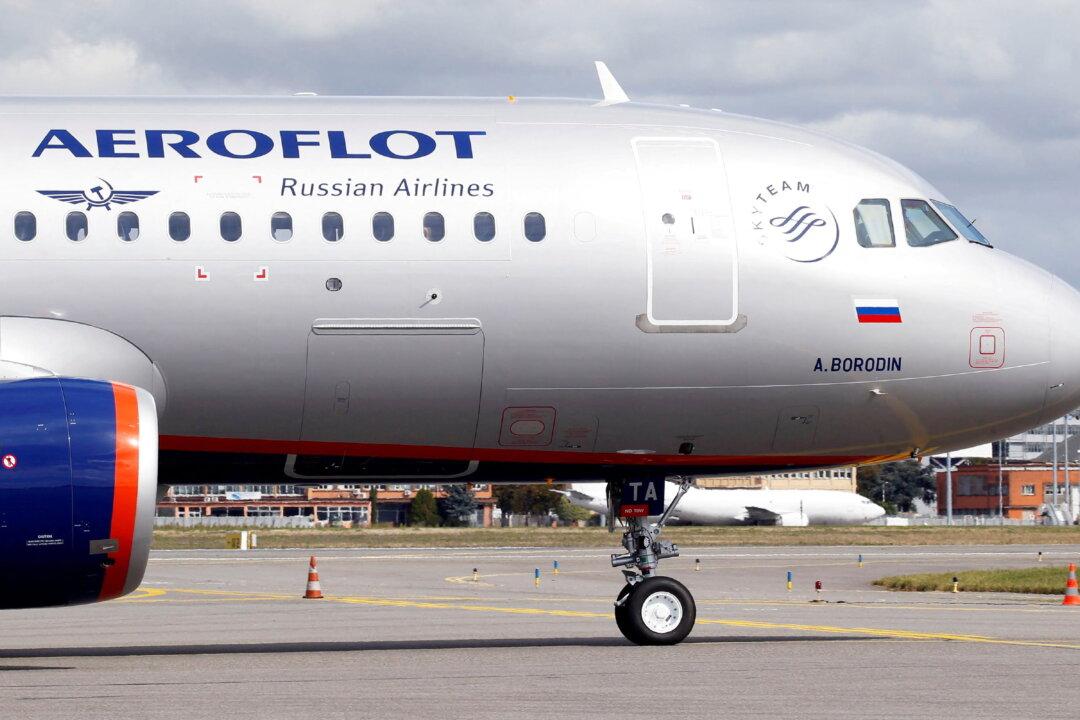Russia on Feb. 28 closed its airspace to airlines from the European Union and Canada following sanctions from Brussels and Ottawa that banned Russian aviation from entry as fighting raged in Ukraine.
Flights from 36 countries, including 27 all members of the EU, have been banned from Russian airspace, which will likely affect several airlines that use Russian airspace to get from Europe to Asia.





